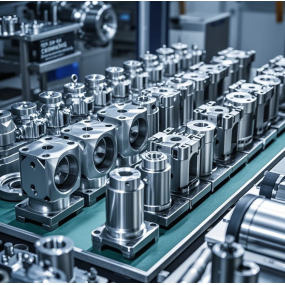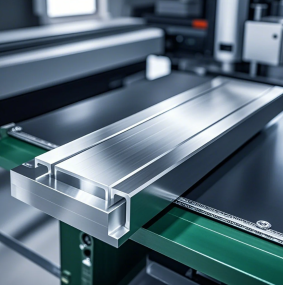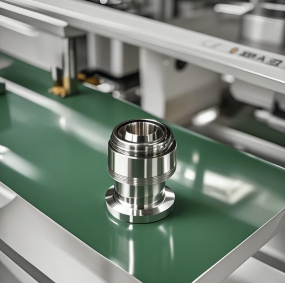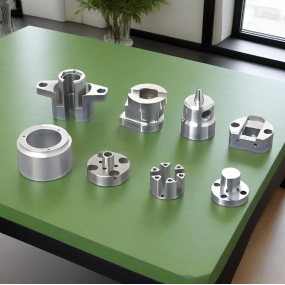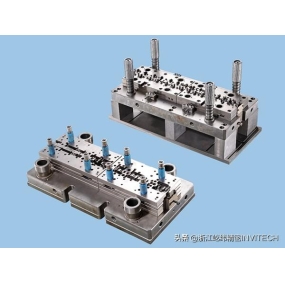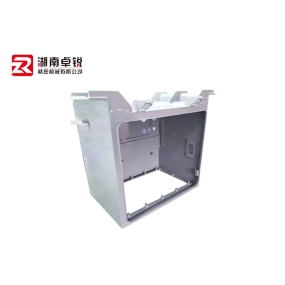Precision Sheet Metal Processing requires high processing difficulty, with processes such as bending and cutting, as well as precision and rough machining. So precision sheet metal processing technology requires very high requirements for both technical personnel and equipment, with an error tolerance within the range of 0.5mm. Non standardized precision sheet metal processing is mainly applied in industries such as electronic instrument manufacturing, and electronic equipment manufacturing has very high requirements for component processing. Therefore, only enterprises that meet the precision sheet metal processing standards can produce this type of product.
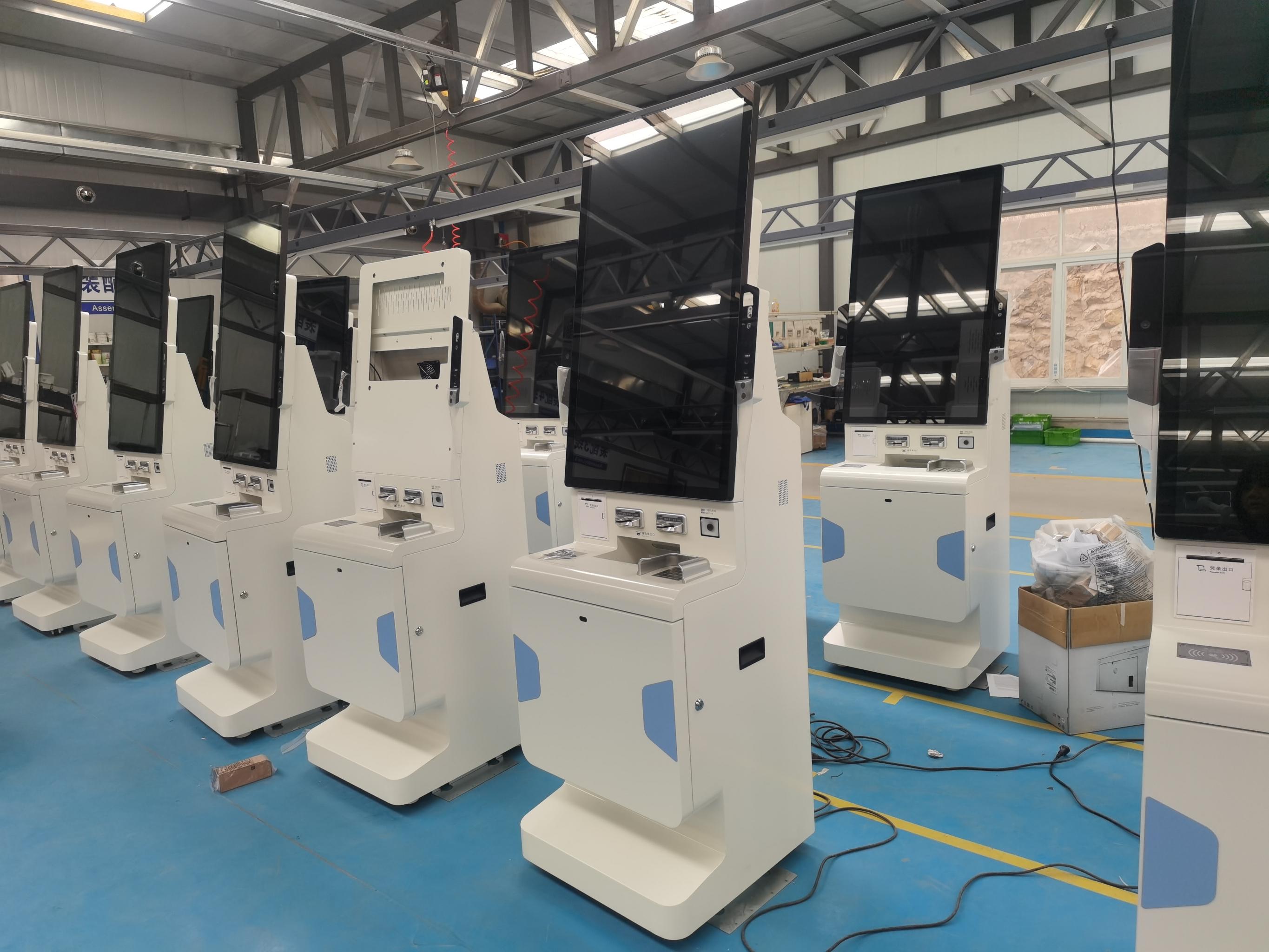
Emma Technology Co., Ltd. is a high-precision sheet metal processing enterprise. Its processing technology currently includes multi hole interfaces, sheet metal bending processing, riveting and screw fixation, screen printing, louver design, mesh panel, irregular design, concave surface, etc. Below is a detailed explanation of the main processes:
Pressure riveting: mainly used for nuts, screws, non loosening, etc., completed by hydraulic riveting machines or punches to rivet them onto sheet metal parts.
Bending: Fold a 2D flat panel into a 3D part. The bending sequence is to fold first without interfering with the next cut, and then fold later if interfering, which requires a bending machine and corresponding bending molds to complete.
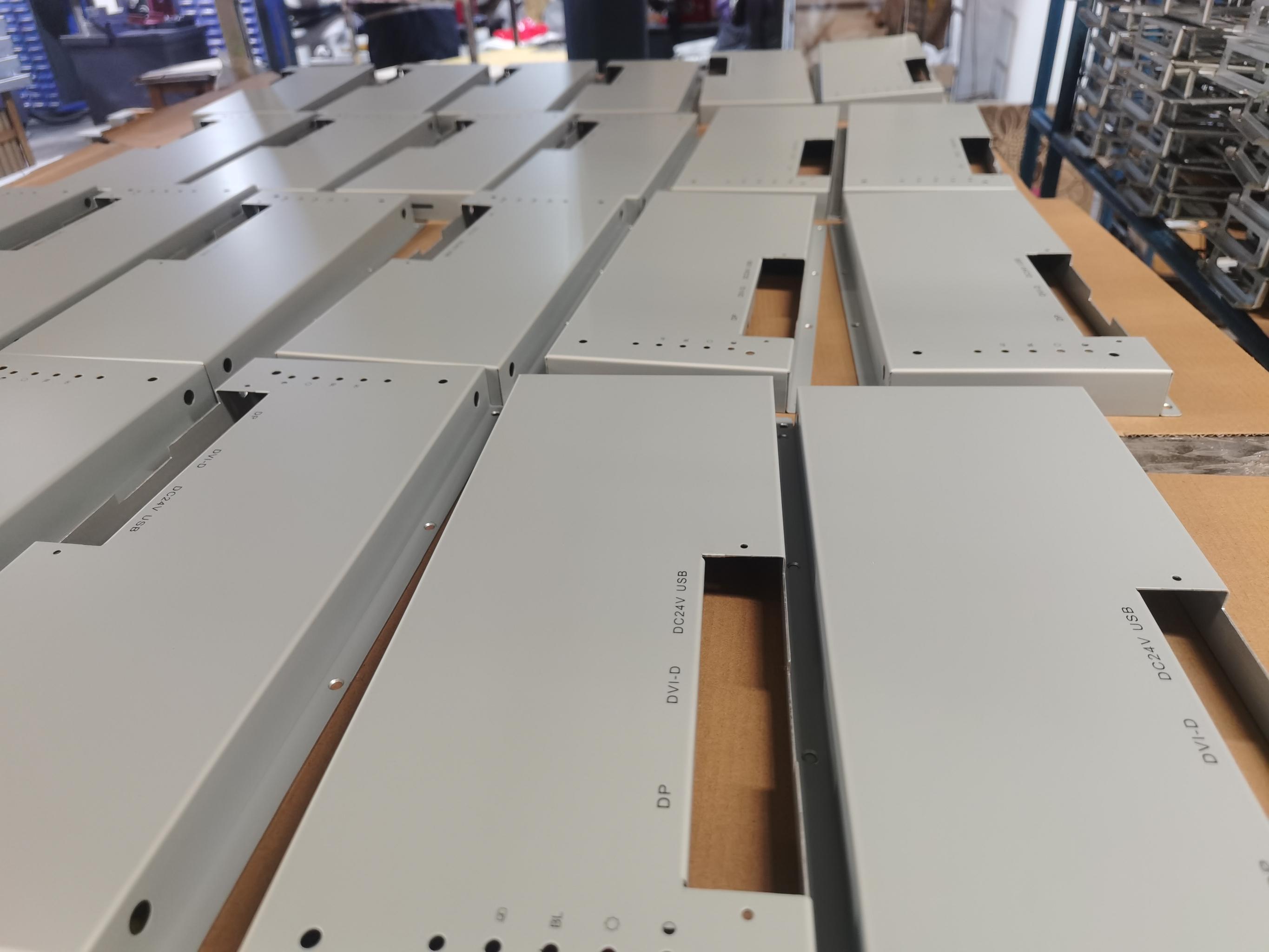
Precision sheet metal processing often involves complex processes, which are difficult for ordinary sheet metal processing manufacturers to achieve. Precision sheet metal is suitable for batch processing, with characteristics such as short cycle, high precision, and good quality.
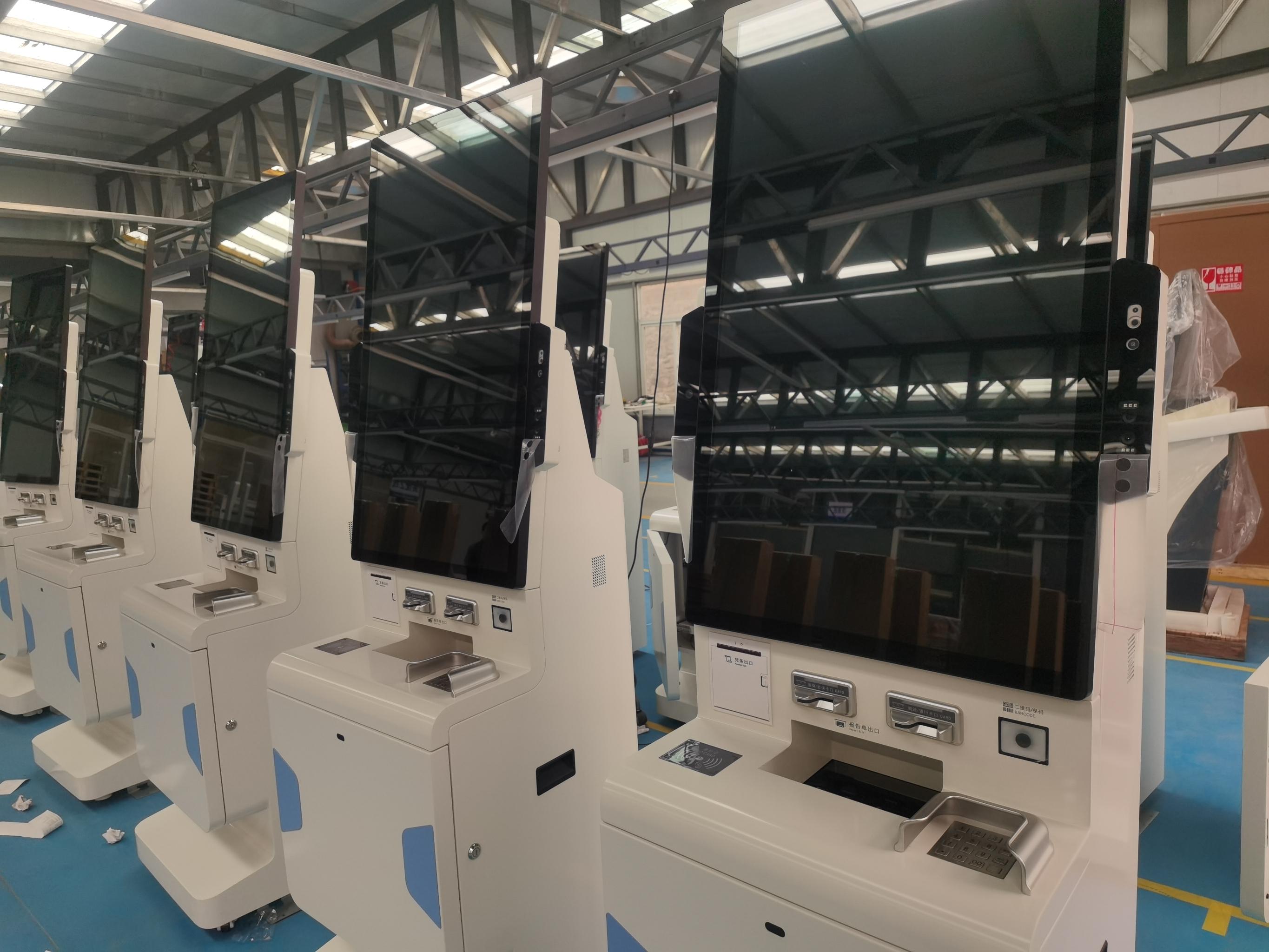


 Spanish
Spanish Arabic
Arabic French
French Portuguese
Portuguese Belarusian
Belarusian Japanese
Japanese Russian
Russian Malay
Malay Icelandic
Icelandic Bulgarian
Bulgarian Azerbaijani
Azerbaijani Estonian
Estonian Irish
Irish Polish
Polish Persian
Persian Boolean
Boolean Danish
Danish German
German Filipino
Filipino Finnish
Finnish Korean
Korean Dutch
Dutch Galician
Galician Catalan
Catalan Czech
Czech Croatian
Croatian Latin
Latin Latvian
Latvian Romanian
Romanian Maltese
Maltese Macedonian
Macedonian Norwegian
Norwegian Swedish
Swedish Serbian
Serbian Slovak
Slovak Slovenian
Slovenian Swahili
Swahili Thai
Thai Turkish
Turkish Welsh
Welsh Urdu
Urdu Ukrainian
Ukrainian Greek
Greek Hungarian
Hungarian Italian
Italian Yiddish
Yiddish Indonesian
Indonesian Vietnamese
Vietnamese Haitian Creole
Haitian Creole Spanish Basque
Spanish Basque

